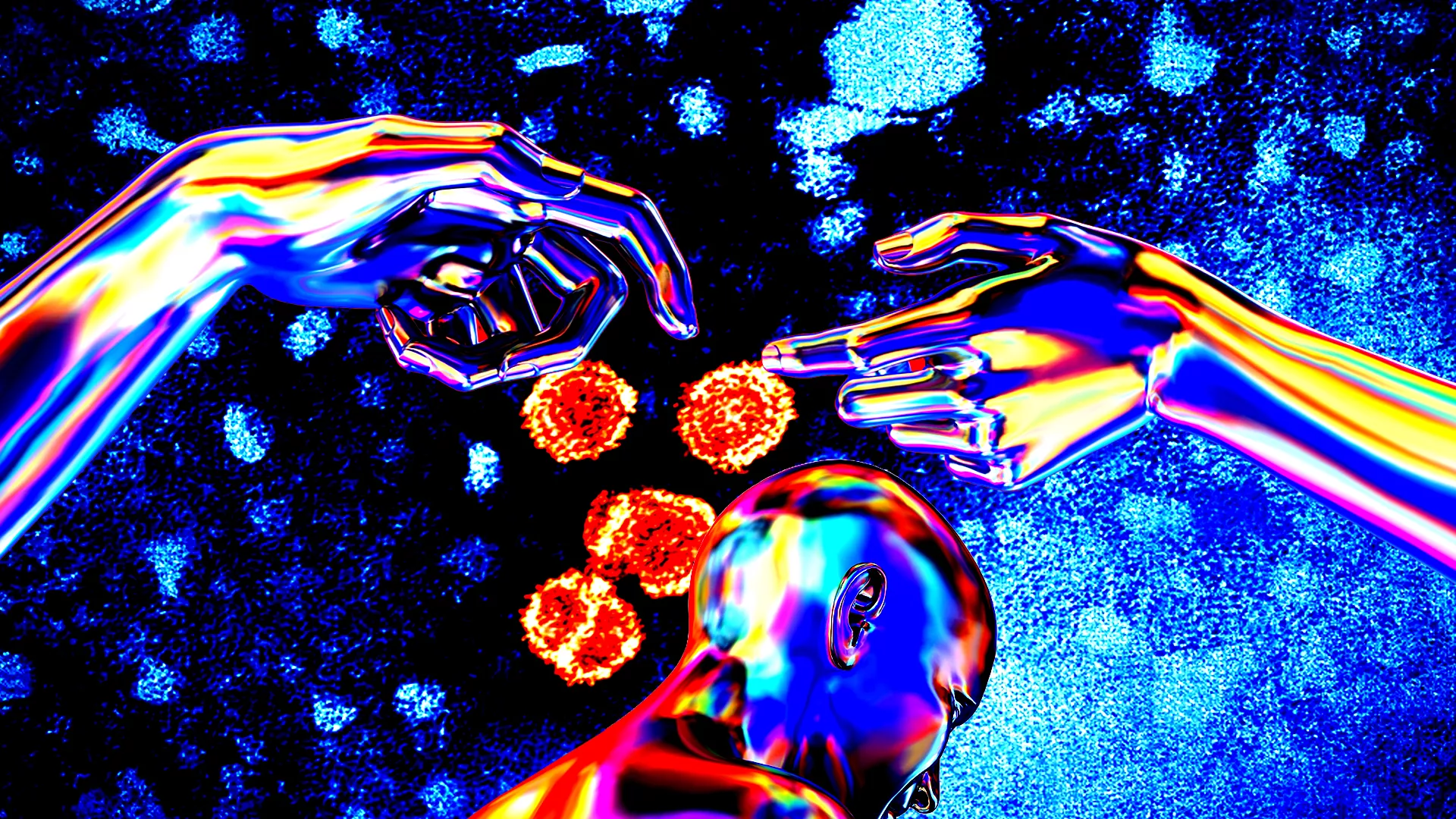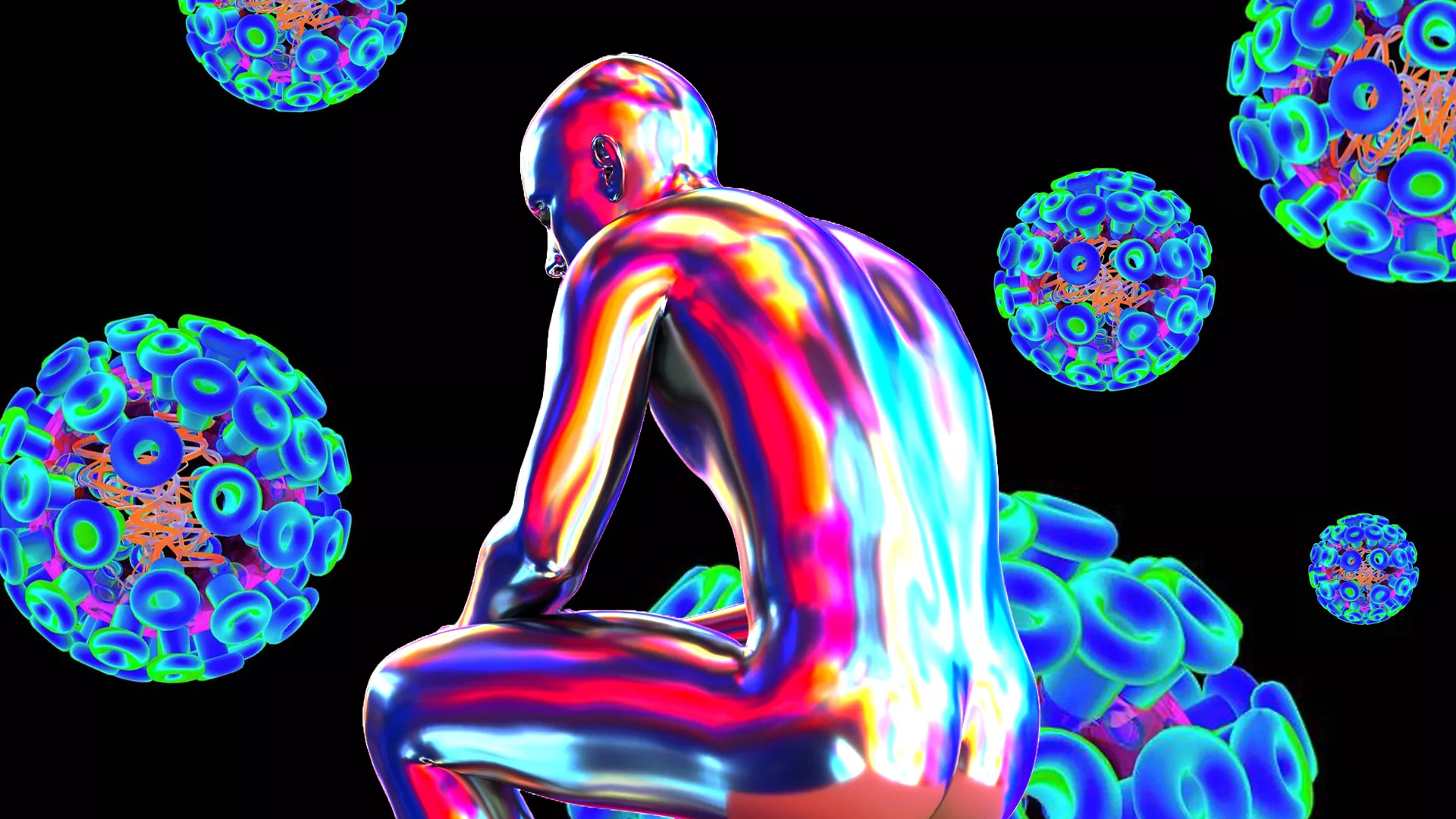Everyone Must Know About Asymptomatic Sexually Transmitted Infection (Asymptomatic STIs)
18865
Asymptomatic Sexually Transmitted Infection. Many STIs have no signs or symptoms. Even with no symptoms, however, you can pass the infections.

Everyone Must Know About Asymptomatic STIs
There's a Reason STDs Are Called the Hidden Epidemic
Many STIs have no signs or symptoms (asymptomatic). Even with no symptoms, however, you can pass the infection to your sex partners.
A lot of people believe that they know they have a sexually transmitted disease (STD) because they notice any STD symptoms. Sadly, that isn't so. The incredible frequency of asymptomatic STDs is one of the factors that make STDs so common.
The truth is, when STD awareness is based on symptoms alone, most people with a sexually transmitted disease don't even know that they are sick. It is not uncommon for someone to be infected but have no STD symptoms. In other words, they are asymptomatic.1
Asymptomatic STDs are more common than not. There is a very high prevalence of symptom-free STD infections. People can be, and often are, infected with an STD for many years without knowing it. During that time, if they're not careful, they can pass their disease on to some or all of their sex partners.
Some scientists call STDs the hidden epidemic. They're common. They're invisible. Finally, they can have serious long-term health consequences—including infertility and even (rarely) death. Why is it important to be aware of how common it is for people to have an asymptomatic STD?
There is a High Risk of Infection
STDs aren't transmitted every time people have sex. However, they can get around pretty quickly.
If one infected person has unprotected sex with a new partner each year, and each of them has unprotected sex with one new partner a year, and these partners each did the same, in 10 years the first person could have passed their STD on to over 1,000 people. If each person has sex with two new partners a year, that number goes up to more than 59,000.
You May Have No Symptoms
Chlamydia is the most common treatable STD. However, of people with chlamydia, three-quarters of the women and half of the men have no STD symptoms. Half of all women with gonorrhea and 10% of men don't show symptoms either.
Many other STDs can also lie dormant for months or years. No wonder that the Centers for Disease Control estimates that there are around 20 million new STD infections in the U.S. each year.
It's very easy to have an STD and not know about it. That's why safer sex should be the rule rather than the exception.
There May Be Long-Term Damage
An STD may not be making you feel sick right now. That doesn’t mean that it is not having an effect on your, or your sexual partner’s, health. Left untreated, some STDs can cause long-term damage to your reproductive tract, such as pelvic inflammatory disease. This can make it difficult or impossible to have children.4
Over time, other STDs, such as syphilis and HIV, can lead to whole-body illness, organ damage, or even death.
What are STIs that mostly show no symptoms?
- Chlamydia (A-K)
- Chlamydia (L1-L3 that causes LGV)
- Trichomoniasis
- Herpes (is transmissible even when a person isn’t having an outbreak.)
- HPV (is transmissible even when a person isn’t having a warty lesion.)
- HIV (is transmissible even when a person isn’t having any symptoms.)
- Mycoplasma infections
- Ureaplasma infections
Screening Is Essential
The only way to tell if you or your sexual partner has an STD is to be tested.5 Before starting a new sexual relationship both you and your partner should be tested for the most common STDs.
If you aren’t comfortable having your regular doctor examine you, testing can also be done at a family planning or STD clinic. Many clinics even have free, or highly subsidized, tests for people with limited incomes.
But even if your tests come back negative, the best way to keep them that way is to consistently practice safer sex. After all, it can take a while for STD tests to be accurate. In addition, sometimes people have multiple sexual partners, which means there are multiple potential routes for exposure.
Contact us at info.bkk@pulse-clinic.com or chat on your preferred platform:
![]() +66 65 237 1936
+66 65 237 1936  @PULSEClinic
@PULSEClinic ![]() PulseClinic
PulseClinic
Add us on Line and stay in touch.
You Can Spread STD With No Symptoms
Just because you don’t have symptoms doesn’t mean you can’t give your partner an STD. Some people who know they are infected with an incurable STD think that they can’t spread the disease when they don’t have symptoms. However, this isn’t true.
Herpes, for example, is transmissible even when a person isn’t having an outbreak. So are HPV, the virus that causes genital warts and cervical cancer, and HIV, the virus that causes AIDS.
Since these diseases can’t be cured it is important for people who have them to take precautions with all their sexual partners. With treatment, these diseases aren't usually physically devastating. However, they can take a strong emotional toll.
Incurable Is Not Untreatable
Even if you have an incurable STD, there are still precautions you can take to improve your health and protect your partners. One such precaution is suppressive therapy.
For example, people with herpes should consider taking a drug such as Valtrex. This form of treatment doesn't only reduce the likelihood of an outbreak, it also lowers the probability of infecting your partner. However, since it does not remove the risk of transmission completely, it is important to always use safer sex practices.
Know that condoms are not 100% effective at preventing herpes or HPV. That's because these viruses spread skin to skin. Treatment as prevention is also a good way to reduce the risk of transmitting HIV.
Your Health Is Your Responsibility
Take charge of your own sexual health. Safer sex practices and other precautions can help keep you free of sexually transmitted diseases.
Just remember that you can’t rely on how you feel to tell you if you’re well. Therefore, it’s your responsibility to get tested and treated if you could possibly be at risk. Not just your health, but also the health of those you love, is in your hands.
Contact us at info.bkk@pulse-clinic.com or chat on your preferred platform:
![]() +66 65 237 1936
+66 65 237 1936  @PULSEClinic
@PULSEClinic ![]() PulseClinic
PulseClinic
Add us on Line and stay in touch.
Loading...
Clinic Locations
Loading...








